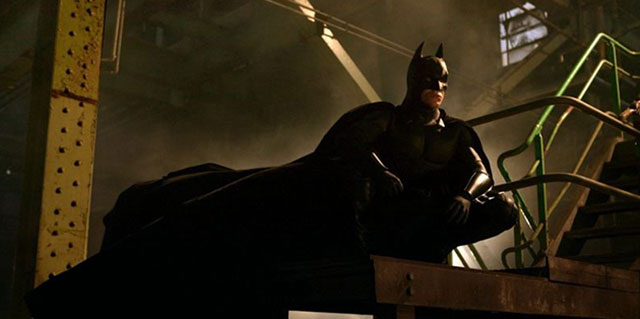
We're counting down to the release of Tenet by looking back at Christopher Nolan's movies in order.
The director's latest project is a typically secretive affair, dealing in armageddon, time inversion and much more besides. John David Washington and Robert Pattinson lead an all-star cast including Kenneth Branagh and Michael Caine.
This week, we're examining Nolan's fourth feature film, Batman Begins.
What is the story of Batman Begins?
Young Bruce Wayne is the heir to a fortune, but has tragically lost his parents in a shooting. Left alone and rudderless in Gotham City, Bruce grows up with what he thinks is a profound sense of what it means to be afraid.
However, the older Bruce (Christian Bale) is just at the start of his journey. He later makes his way through the Far East, attempting to learn what makes the criminal mind tick. He falls under the seductive and beguiling influence of the mysterious Ra's Al Ghul (Liam Neeson), who teaches Bruce how to weaponise fear.
On his return to Gotham City, Bruce learns to use his newly-honed fighting skills to become a feared symbol: the Batman. This is put to the test when psychotic doctor Thomas Crane/The Scarecrow (Cillian Murphy) threatens the future of the city – but the real enemy is yet to be revealed.
How was Batman Begins made?
It's easy to forget that back in 1997, the Batman franchise was in a parlous state. Having soared to Gothic heights in the two movies by Tim Burton, the Caped Crusader was brought crashing back down to Earth in rubbery fashion by Joel Schumacher.
The second of Schumacher's Batman movies, Batman and Robin, was derided for being one of the worst comic book films ever made – everything from its pun-tastic screenplay to the nipples on the costumes and the hideous day-glo nightmare of the sets was roundly castigated.
Little wonder that the franchise retreated into the cave for the best part of a decade. But a saviour rose up in the intervening years in the form of director Christopher Nolan. He had established a cast-iron critical reputation off the back of Following, Memento and Insomnia – in fact, the second of those films was Oscar-nominated for its fiendishly intricate backwards-forwards screenplay.
The fiscal success and critical plaudits of Nolan's early movies got him the gig on Batman Begins, which would throw off the rubbery shackles of the earlier Schumacher monstrosity. For once, Batman was being graced by a director with a pointedly serious sense of purpose, who would look within the character to see what was driving him.
If Nolan's jump from Following to Memento was ambitious (from a $250,000 budget to a $4 million one), the leap from Insomnia to Batman Begins was even bigger. Nolan had never tackled a blockbuster property before, which is now hard to imagine given his litany of eye-popping, IMAX-spanning works including Inception and Interstellar.
Back in 2003 when Nolan got the Batman gig, he was still a somewhat risky choice of director. After all, his cerebral style of filmmaking wasn't necessarily going to sit easily with the DC icon. Fortunately, he had the backing of studio Warner Bros, who made Insomnia, and he was able to enlist the efforts of a fabulous creative crew.
Working with screenwriter David S. Goyer, Nolan said his intention was to reinvent Batman, "doing the origins story of the character, which is a story that's never been told before". Although the tortured origins of Bruce Wayne had been teased in flashbacks in the Burton and Schumacher movies, no previous director had foregrounded that pivotal moment to such an extent.
More than that, however, Nolan ensures that Bruce's guilt over his parents' death propels the entire narrative. It isn't just something to dip in and out of: this is the moment where the character first comes to terms with the essence of fear, which he will later use as an older man to craft the Batman alter-ego. Such psychological impetus was unheard of in a big-budget comic book movie, and the approach would prove hugely influential.
Nolan and Goyer draw on various comic sources for their more grounded, earthy take on the Dark Knight legend. These included various sources from revered writer Frank Miller, plus the more specific likes of 'The Man Who Falls', following Bruce's globe-trotting odyssey, and 'Batman: The Long Halloween', which showcased Gotham gangster Carmine Falcone.
The mobster would later turn up in Batman Begins, played with relish by Tom Wilkinson, just one of many stalwarts amid an excellent cast. The strength of the ensemble is one of the many elements that grounds Batman Begins' essentially fantastical conceit in something relatively more plausible. What we're presented with is a group of heavyweight actors who are fully invested in a comic book story where the motivations behind the cape and cowl matter more than the costume itself.
First among equals is Christian Bale, whose superb sense of duality as Bruce Wayne is directly taken from his acclaimed role in American Psycho. He's ably supported by the likes of Liam Neeson as the aforementioned Ra's Al Ghul and Gary Oldman as stoic, decent cop Jim Gordan (later to become Commissioner Gordon in The Dark Knight).
In fact, the reversal of Neeson and Oldman's usual screen personas is one of the film's most enjoyable elements. All too often, Neeson is cast as the noble pious figure and Odman as the psychotic headcase. It's delightful to see Nolan twisting these perceptions on their head – another clear indication of his strength in eliciting strong performances. (The earlier likes of Guy Pearce in Memento can also be cited.)
Then there's Michael Caine as Bruce's loyal Butler Alfred, whose Cockney accent and genial warmth embodies the plausible, humane philosophy of Nolan's vision. Here is a movie drawing on the rich history of a pop culture icon that wants us to invest in an essentially far-fetched conceit. Caine's casting, and that of the other actors, goes a long way towards helping us believe it.
The intelligent casting and psychological impulses in the screenplay prevent Batman Begins from being swamped by its own spectacle. Although the movie was tackled on a hefty $140 million budget, and shot in a variety of locations from Iceland to Chicago and London, it's the depth of character that keeps us focused, not the (admittedly arresting) gloom of Nathan Crowley's sprawling set design, terrific though it is.
Crowley's utilitarian approach to the alleys, bridges and tunnels of Gotham strikes a different note from the fairy tale world of Tim Burton. Cinematographer Wally Pfister renders Gotham City as Batman himself sees it: a world of darkness intercepted by glimmers of light, a visual approach aided by Hans Zimmer and James Newton Howard's score. The music for the film largely ditches recognisable themes (something that couldn't be said of Danny Elfman's works on the series) in favour of nebulous, amorphous textures of light and shade that aim to mirror Bruce Wayne's psychological development.
Across the board, Nolan redesigned every aspect of the Batman mythology. In planning the film, he outlined it in the following terms: "The world of Batman is that of grounded reality. [It] will be a recognizable, contemporary reality against which an extraordinary heroic figure arises." There's no denying that he succeeded.
How was Batman Begins received?
Batman Begins wasn't just critically acclaimed – it was hailed as the finest Batman movie to date. No mean feat given the reputation of the film's critically derided predecessor. And the box office results were strong: $370 million, meaning that a bold, dark superhero origin story had defied the odds to more than double its budget.
Begins invested fresh impetus in the notion of the superhero origin story, taking the concept to even more lucrative heights. And it legitimised arthouse/experimental directors working in the big-budget blockbuster realm. One need only look at Gareth Edwards' jump from the micro-budget Monsters to the enormous Godzilla as proof of this.
The movie also cemented Nolan's status as a filmmaker who could deliver both spectacle and thoughtful themes. This was a Batman movie that respected an audience's ability to invest in a dark, gloomy world where good and evil are sides of the same coin.
There's no need for simplistic morality or glib stereotypes in Nolan's world – he cares about the material, and invites the audiences to care about it just as much. And reviews at the time were largely receptive to his vision, including Kirk Honeycutt in The Hollywood Reporter, who raved: "For Christopher Nolan to turn Batman Begins into such a smart, gritty, brooding, visceral experience is astonishing. Truly, Batman does begin again."
And the late, great Roger Ebert wrote: "I said this is the Batman movie I've been waiting for; more correctly, this is the movie I did not realize I was waiting for, because I didn't realize that more emphasis on story and character and less emphasis on high-tech action was just what was needed. The movie works dramatically in addition to being an entertainment. There's something to it."
The movie paved the way for the eventual Dark Knight trilogy, and empowered Nolan with the ability to make later films like Inception and Interstellar. Distributor Warner Bros. saw their faith in the filmmaker paid off in full – little wonder they've maintained a relationship with Nolan right the way through to Tenet. The director has indeed carved out a special niche whereby he can bring in critical kudos and box office gold.
What was the next Christopher Nolan movie?
The Prestige was Nolan's next movie, starring Christian Bale and Hugh Jackman as warring 19th century magicians.
Tenet is scheduled for release on 26th August 2020. What is your favourite Christopher Nolan movie? Let us know @Cineworld.

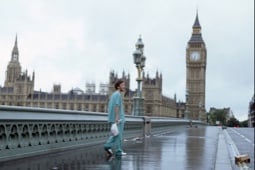
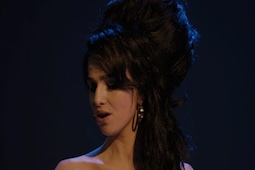
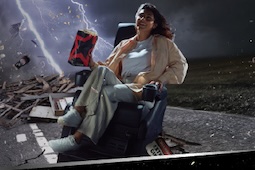
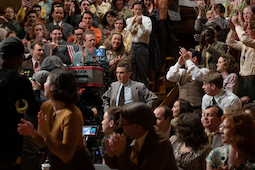

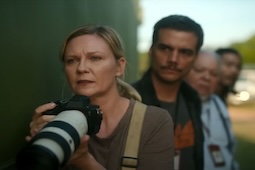
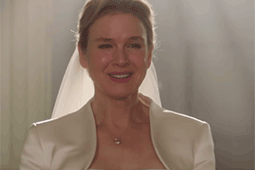
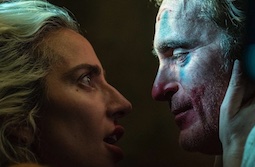
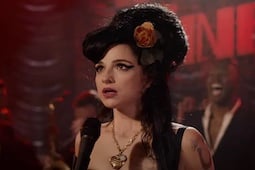
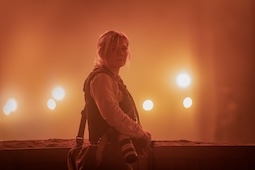
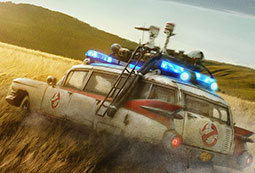
.jpg)
.jpg)

.jpg)
.png)



